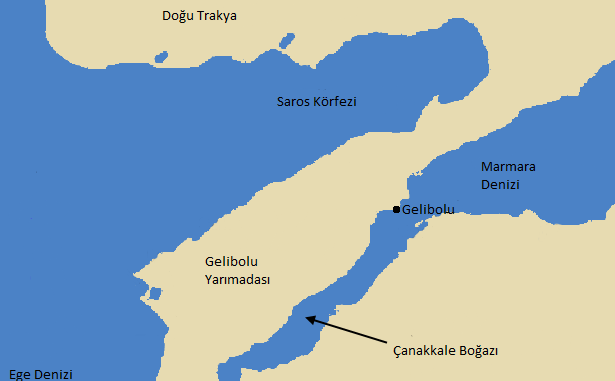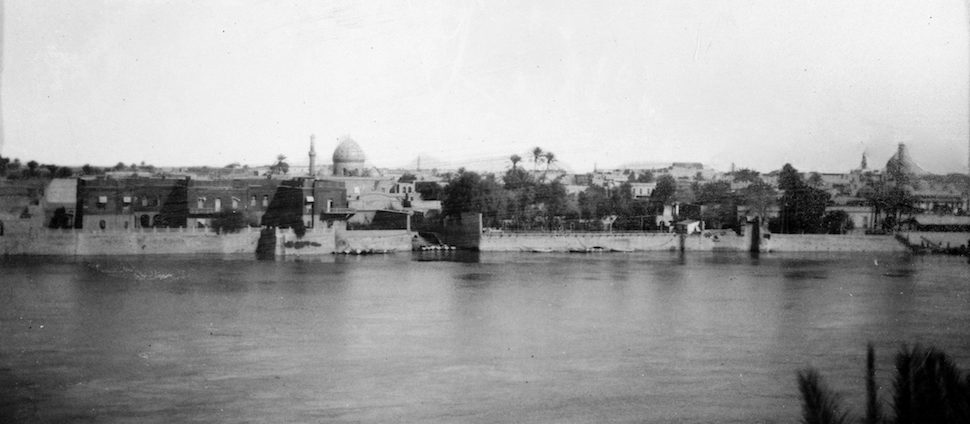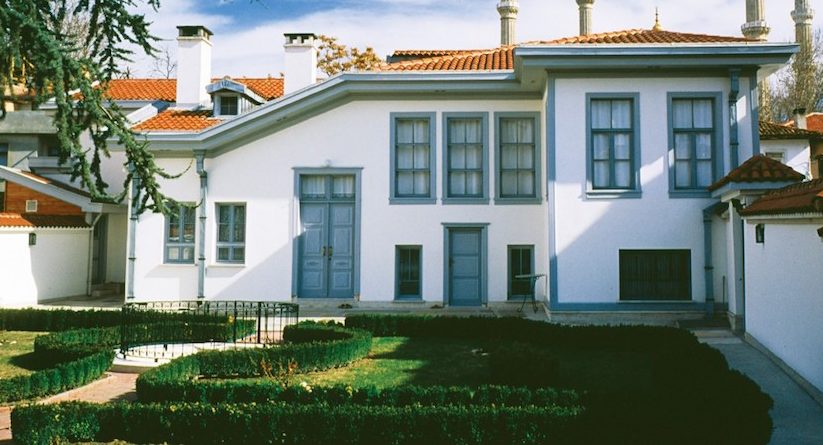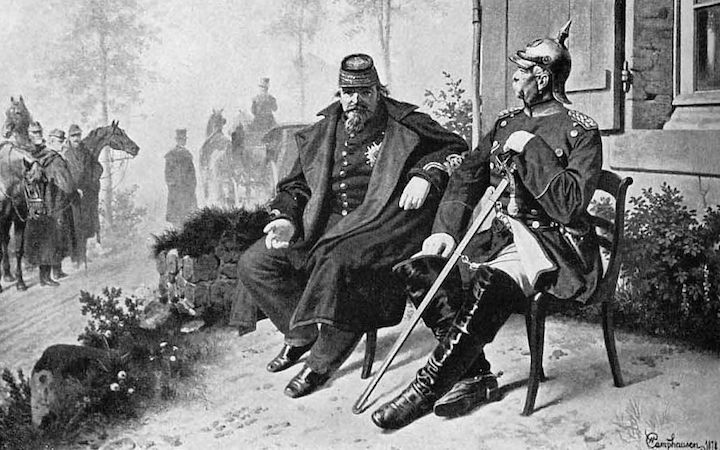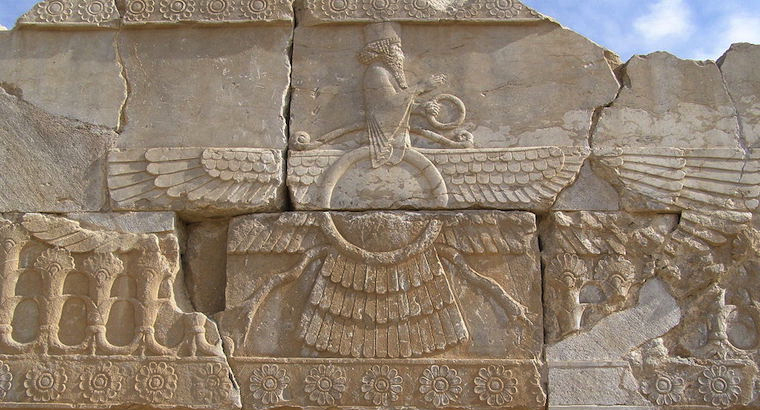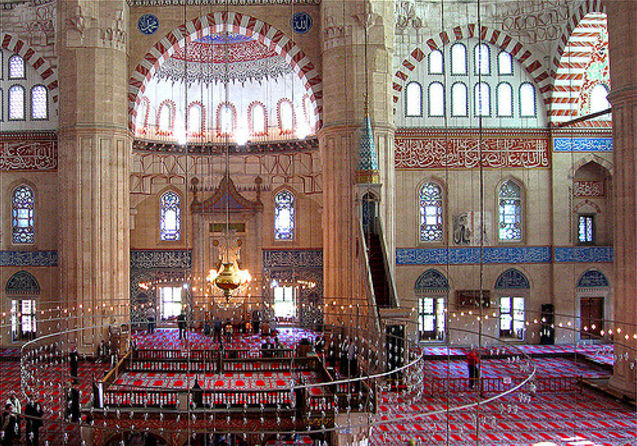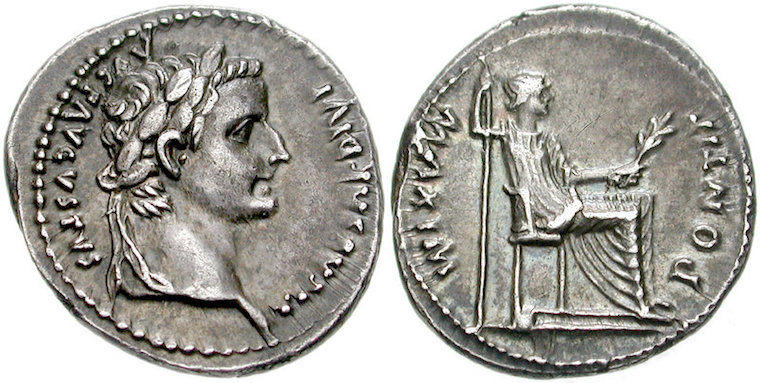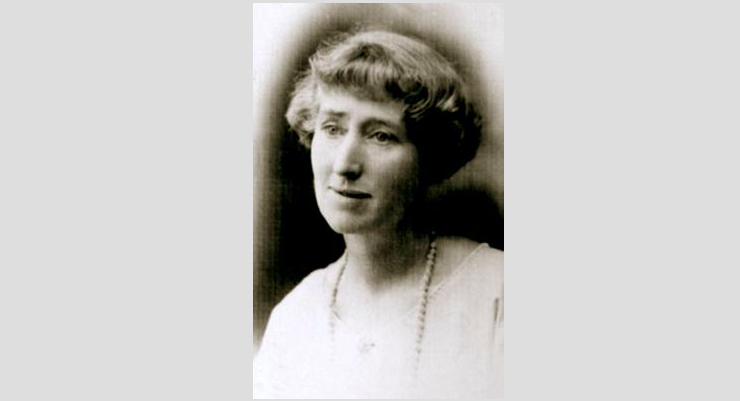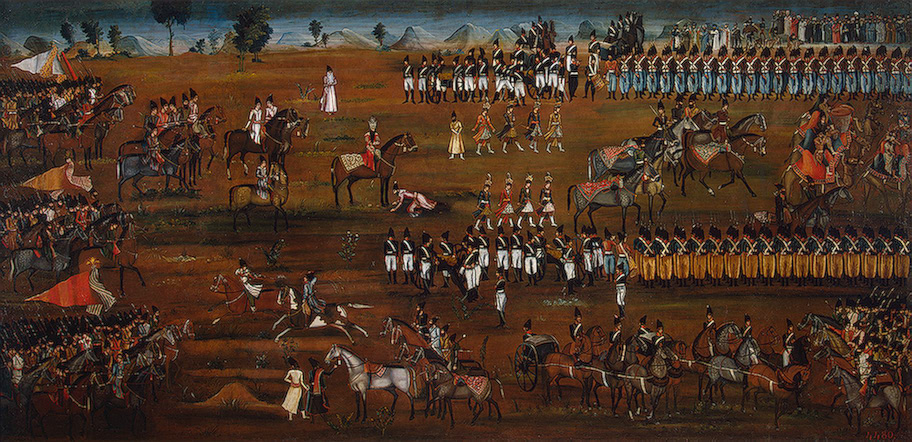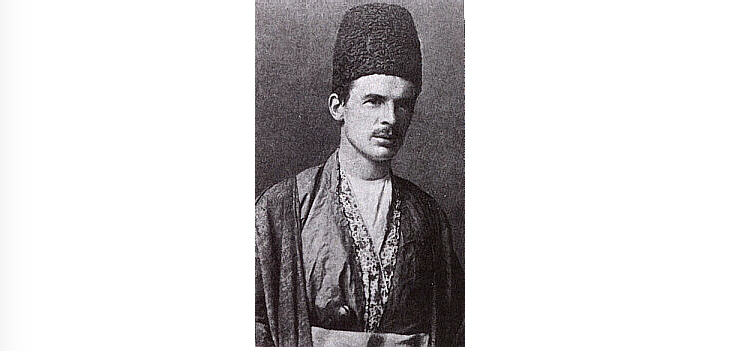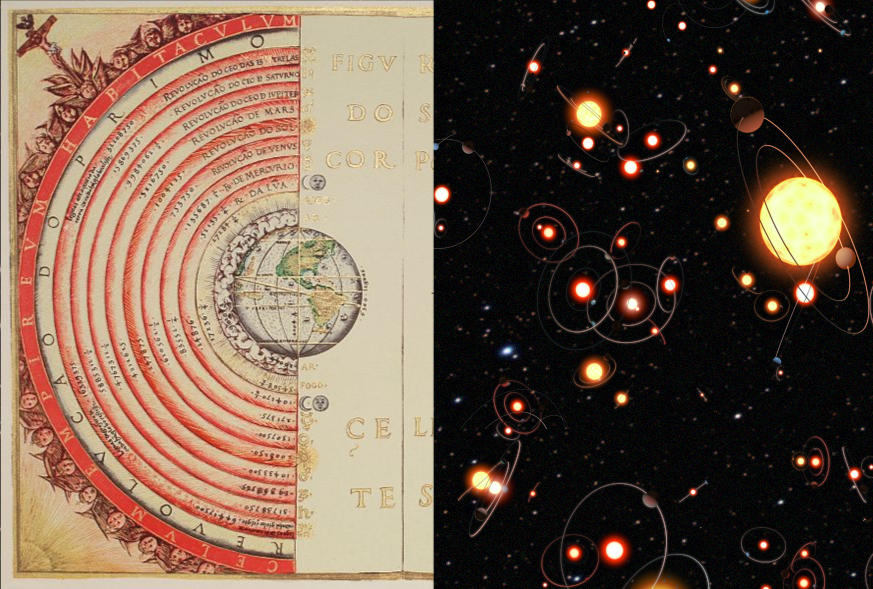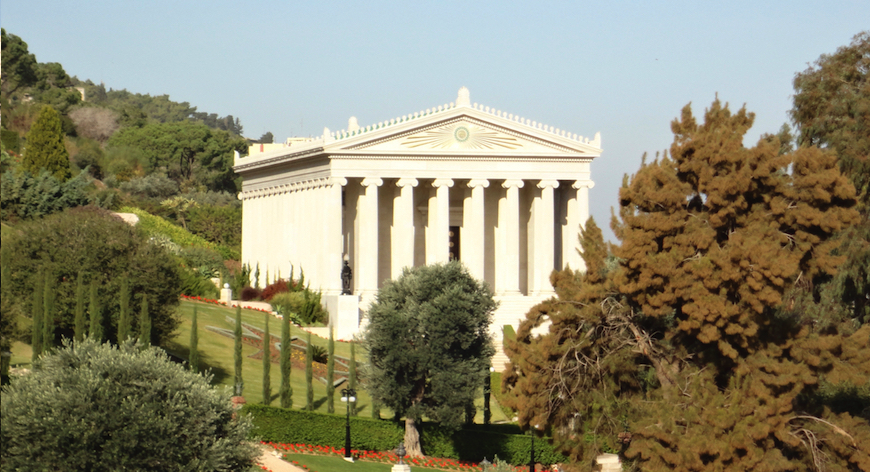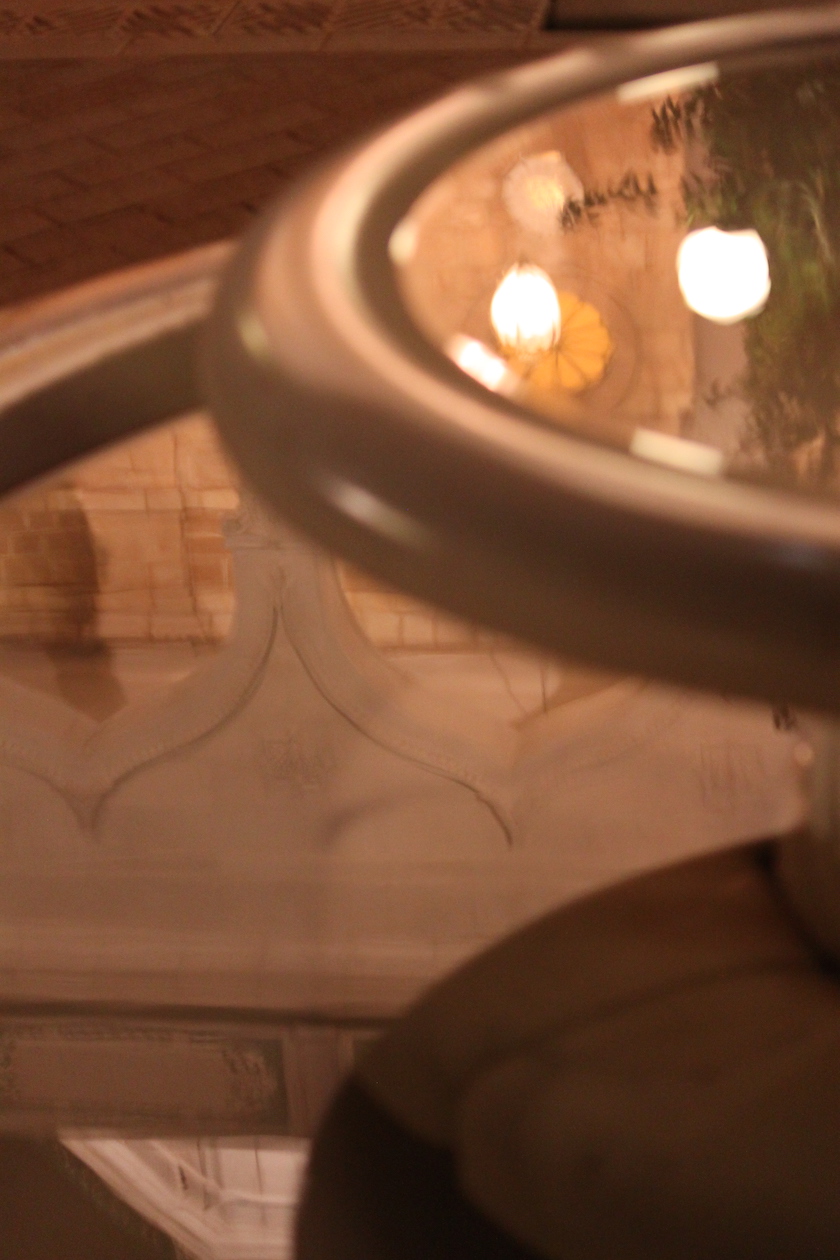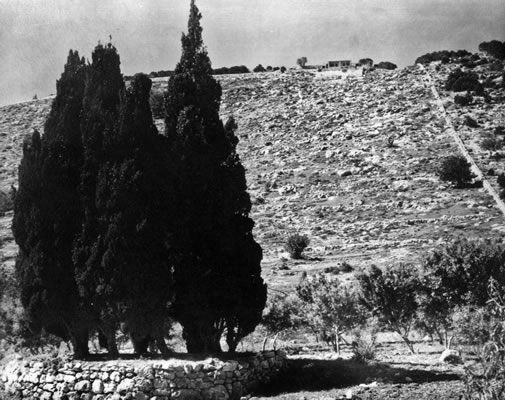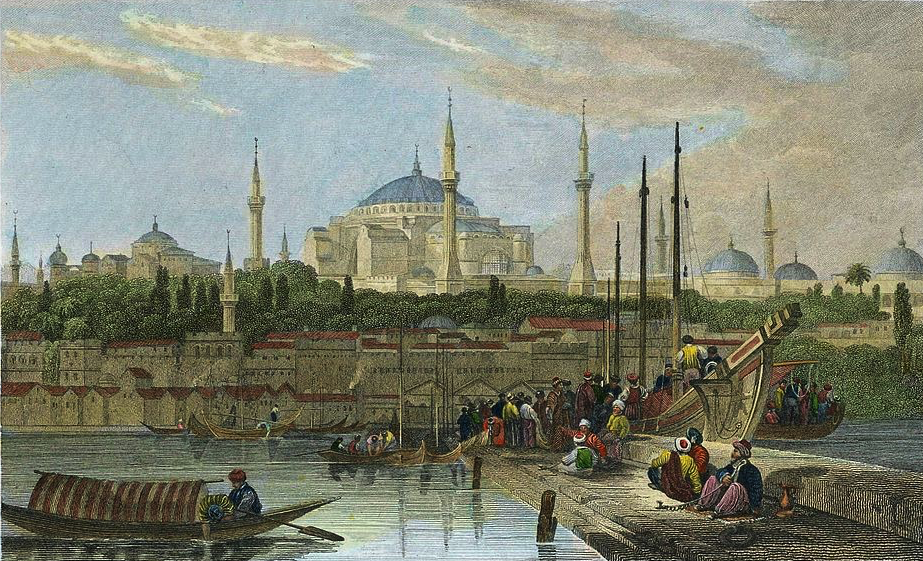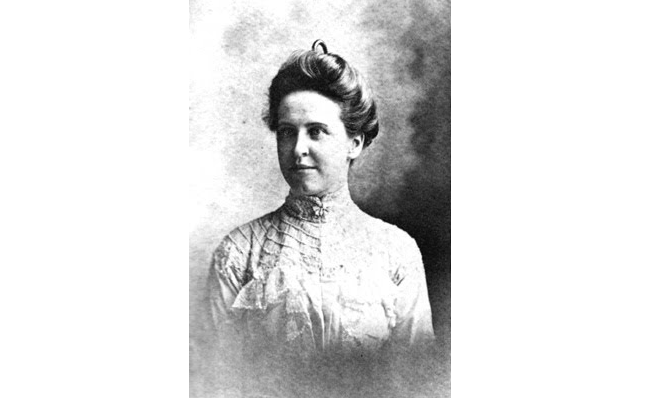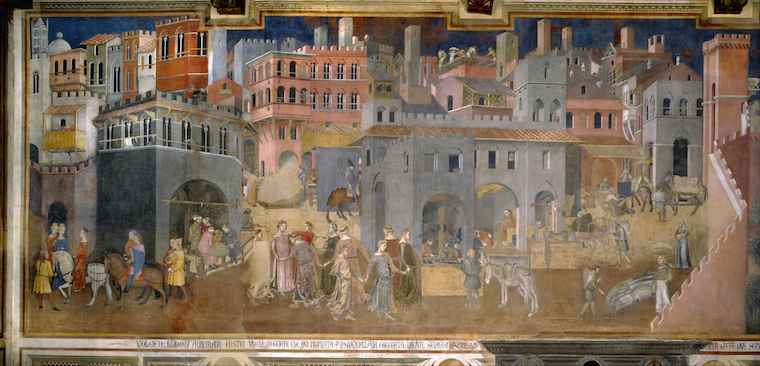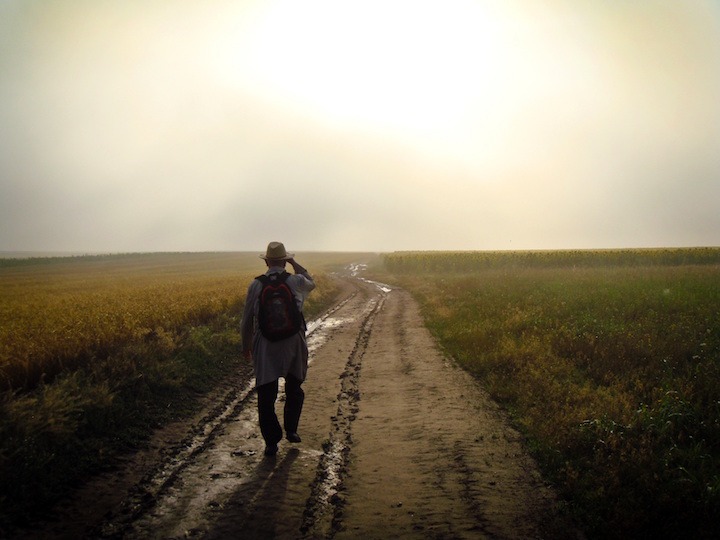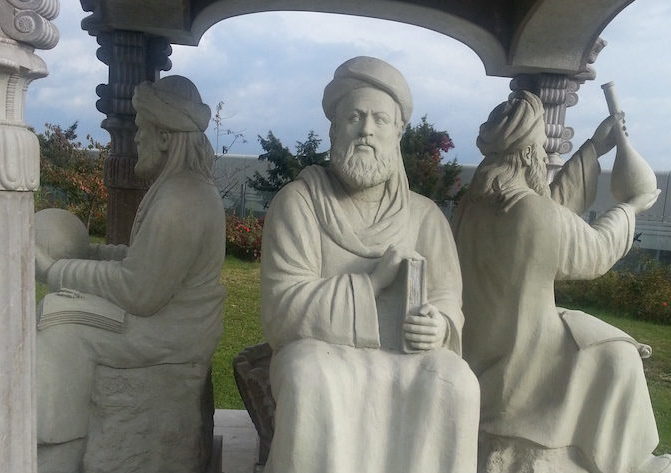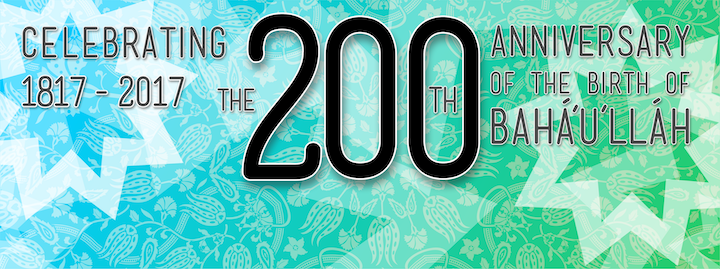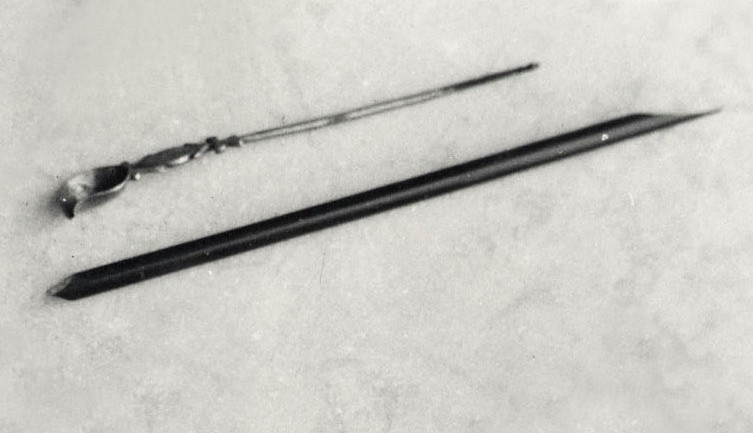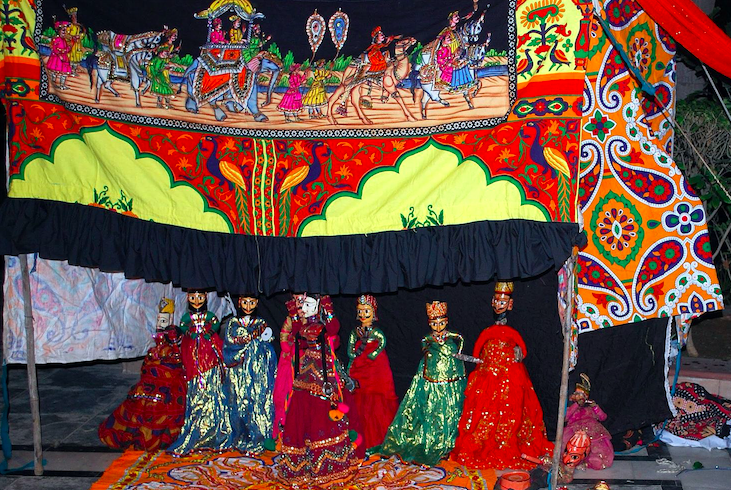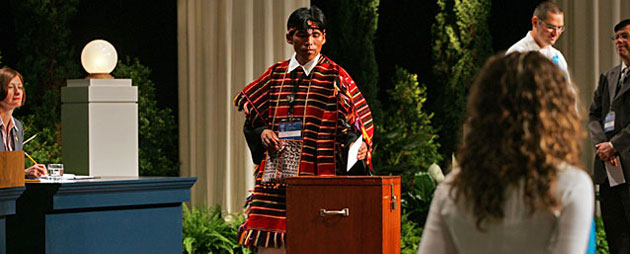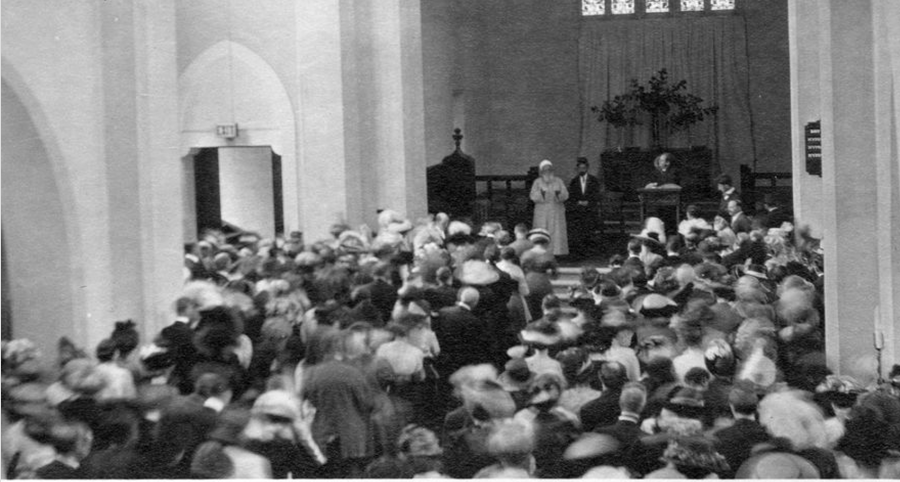Bahaullah's Life
-
When the World Changed: Gallipoli and the Chief Vizier
The future is hardly ever what we expect it to be. It almost always surprises us. This is proof enough that in any point of time, although we often write history as if it was inevitable, many possible futures stretch out before us. Sometimes there are pivot points in history when things change profoundly from what came before — or from what they might have been. When Baha’u’llah sent his message to the kings – the Suriy-i-Muluk — he warned them that their actions had the power to change the future. If ye pay no heed unto the counsels which, in peerless and unequivocal language, We have revealed in this…
-
And the People Wept …
Events moved quickly following the issue of the order for Bahá’u’lláh’s exile from Adrianople and perpetual imprisonment in Akka. Bahá’u’lláh and his followers lived together in a house in Adrianople. One morning they awoke to find that their home had been surrounded by soldiers of the Sultan. Guards were posted and Bahá’u’lláh and his followers were told to prepare for exile. Bahá’u’lláh’s fame was already considerable. As the news spread, consuls of foreign governments in the city wrote with offers of assistance, for which Bahá’u’lláh expressed thanks but which he declined. The Governor of Adrianople, who was an admirer of Bahá’u’lláh, had written objecting to the government’s mistreatment of Bahá’u’lláh…
-
Poisonous Envy
The spiritual world which continually surrounds us, but of which we are only dimly aware, has its own natural laws, so to speak. Among these are laws governing the ways in which the human soul interacts with that world. For some souls, close proximity with the spiritual world draws out the best in them, for a few it draws out the worst. Abdu’l Baha alluded to these patterns in talks he gave over dinner to visiting western pilgrims. In short, that human beings may choose to rise to angelic heights or plunge to demonic behaviours. Consider, likewise, the differences that exist among the members of the human race. Christ was in…
-
Edward Granville Browne – the only western scholar to meet Bahá’u’lláh
Edward Granville Browne was a young man in England when he first came across a most amazing account. It was the story of a severely persecuted and new born faith. He recalls the impression it made on him: My attention was first attracted to the subject by .. the .. work of M. le Comte de Gobineau … entitled “Religions et Philosophies dans l’Asie Centrale,” from whose graphic and vivid description of the first beginnings and early struggles of the Babis I derived more pleasure than I can describe. Anxious to learn more on the subject, I sought for other accounts, which should inform me of the further progress of the…
-
O Ahmad, be thou so steadfast in my love that thy heart shall not waver …
Written in Adrianople in 1865, the Tablet of Ahmad is one of the most powerful of Bahá’u’lláh’s writings. Adrianople, now known as Edirne, was the next place of exile Baha’u’llah was sent after being summoned to Constantinople., and is about 240 kilometres to its north-west. Adrianople was referred to by Bahá’u’lláh in his writings as “the remote prison”. The Tablet of Ahmad was written to Ahmad, a native of the city of Yazd in central Iran. Ahmad was religiously inclined and in his youth he became attracted to Sufism. He travelled to India as an ascetic and dervish. After a time he became disillusioned with this path, despite the…
-
Constantinople
Constantinople was the capital of the 500 year old Ottoman caliphate. And before the Ottomans captured the city and made it their own, it had stood for more than 1000 years as the capital of the Christian Roman Empire. In April 1863 Bahá’u’lláh was exiled again – “summoned” to that capital. As we have seen, the departure from Baghdad was a moment when the love the people felt for Bahá’u’lláh became evident and it was the moment when Bahá’u’lláh first announced his mission. Rather than a time of grief, it is a time that is celebrated as the greatest festival of the Baha’i calendar. On arrival in Constantinople, it was expected…
-
The House the Prince Wanted to Build
After Bahá’u’lláh had returned to Baghdad from his two years of withdrawal to the mountains of Kurdistan, he lived in a house close to the western bank of the Tigris River. This was the period when increasingly the Babi community began to turn to Bahá’u’lláh. Although he had not announced his mission, his writings and presence attracted the remnants of the followers of the Bab to him. During this period Bahá’u’lláh wrote works such as the Hidden Words and the Book of Certitude. The home where Bahá’u’lláh lived, a modest dwelling: become the focal center of a great number of seekers, visitors and pilgrims, including Kurds, Persians, Arabs and Turks, and … from…
-
What’s Happening in October? 200th Anniversary Celebrations
This year marks the 200th anniversary of the birth of Baha’u’llah. The anniversary will be celebrated around the world on October 20 and 21. Baha’i communities everywhere will be hosting celebrations for their local areas. Two days are being celebrated is that the Baha’i Faith has two founding messengers (or manifestations) of God. The Bab and Bahá’u’lláh – and their birthdays are celebrated on successive days each year. The Bab, was the prophet-herald of the Baha’i Faith. The Bab prepared his followers for another prophet who would follow him – much in the way John the Baptist prepared people of his time for the coming of Jesus. Bahá’u’lláh was that…
-
The Miracle of Baghdad
If we look in the Gospels or in the Quran we find ample evidence of the opposition of the religious hierarchies of the day to Jesus and Muhammad respectively. Again it was so in Bahá’u’lláh’s day. As we have seen before it is a tragic pattern of history that when the truth of a new prophet comes – very few are able to recognise it and those most concerned with religion are the most determined to “put out the light”. In Baghdad, some of the religious scholars (ulama) were continually agitating to cause some harm to Bahá’u’lláh. At one point they threatened jihad, at another they pressed upon the Governor…
